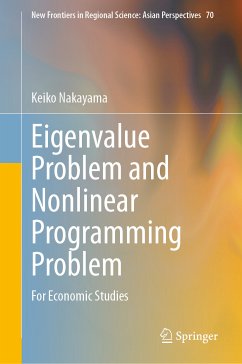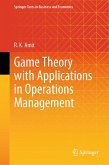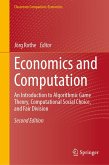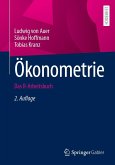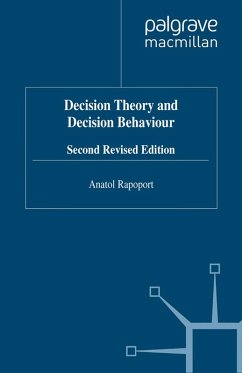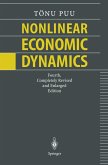Almost all static optimization problems in economics involve nonlinear programing. Theoretical models in economics are described in the form of a simultaneous system resulting from the rational optimization behavior of households and enterprises. On the other hand, rational optimization behavior of households and enterprises is, mathematically speaking, expressed as nonlinear programing. For this reason, it is important to understand the meaning of nonlinear programing. Because this book includes explanations of the relations among various restrictions in a nonlinear programing systematically and clearly, this book is suitable for students in graduate school programs in economics.
Dieser Download kann aus rechtlichen Gründen nur mit Rechnungsadresse in A, B, BG, CY, CZ, D, DK, EW, E, FIN, F, GR, HR, H, IRL, I, LT, L, LR, M, NL, PL, P, R, S, SLO, SK ausgeliefert werden.

